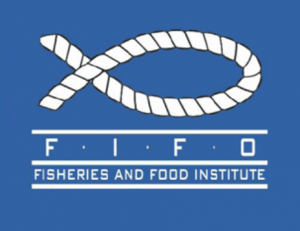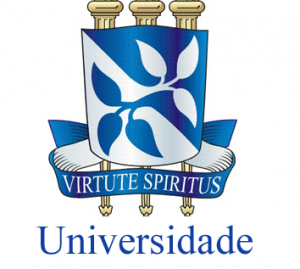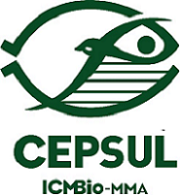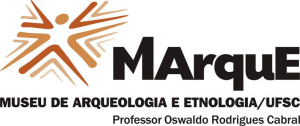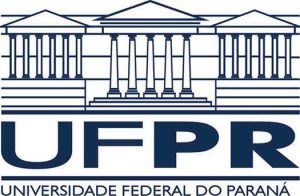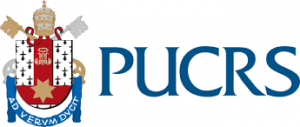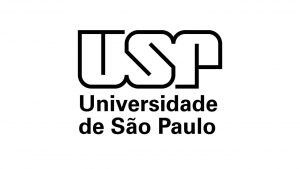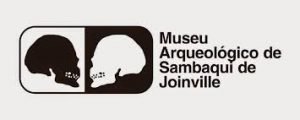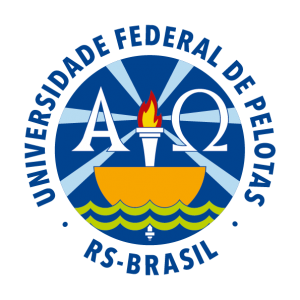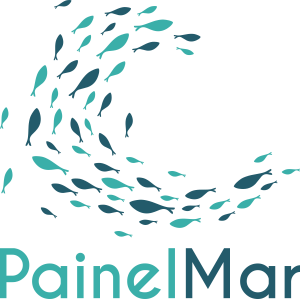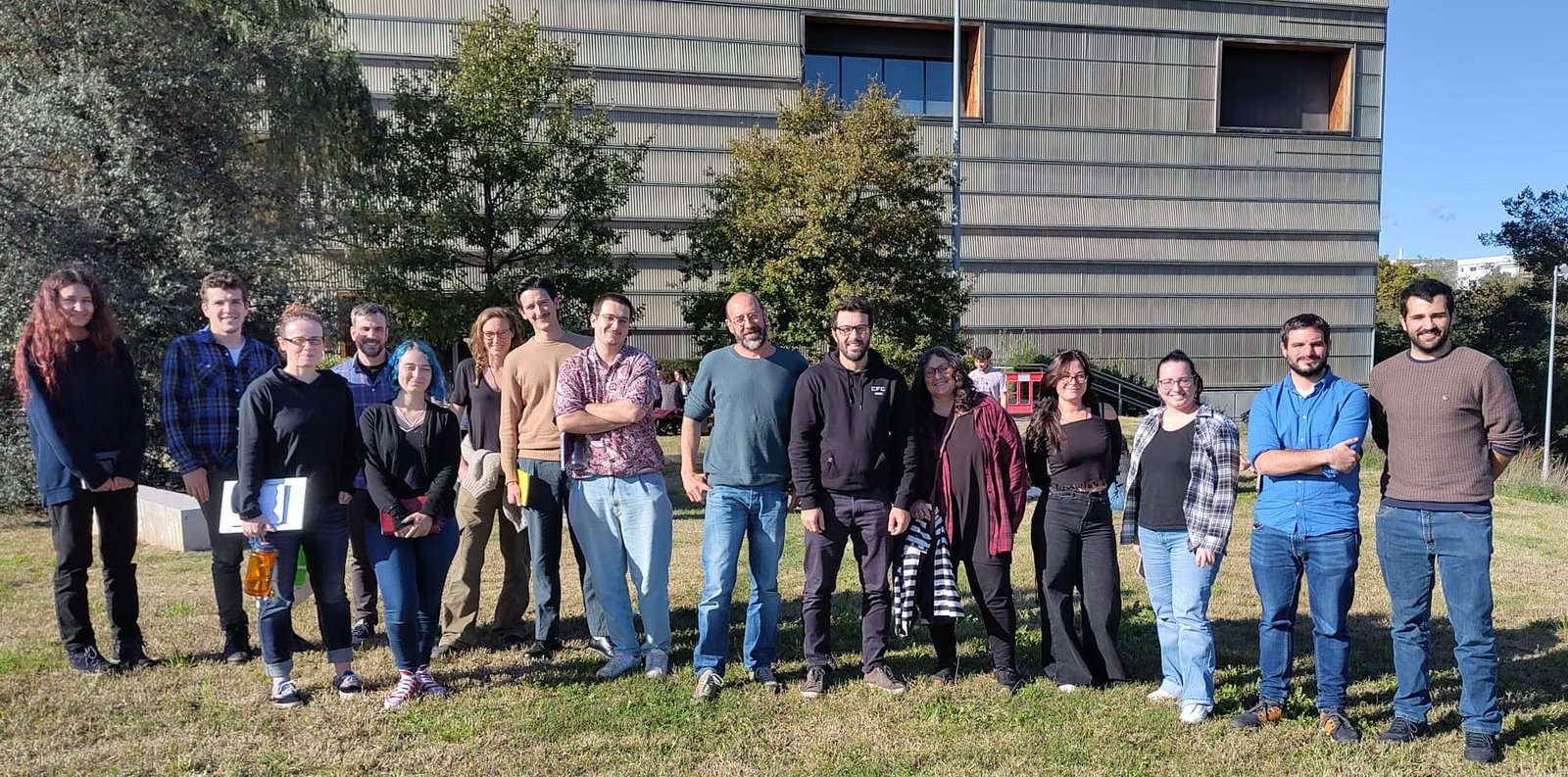
Team
EarlyFoods is a multidisciplinary research effort involving early career and senior researchers working at the intersection of environmental-social sciences and archaeology between the Institute of Environmental Science and Technology (ICTA) and the Department of Prehistory of UAB.
Together, the research team concentrates a unique range of expertise encompassing the latest developments in Biomolecular Archaeology (stable isotopes, organic residue analysis, palaeoproteomics), Landscape Archaeology (Lidar, GIS, elemental analyses), Bioarchaeology and Palaeoecology (zooarchaeology, archaeobotany, human osteoarchaeology, historical ecology), archival and participatory studies.
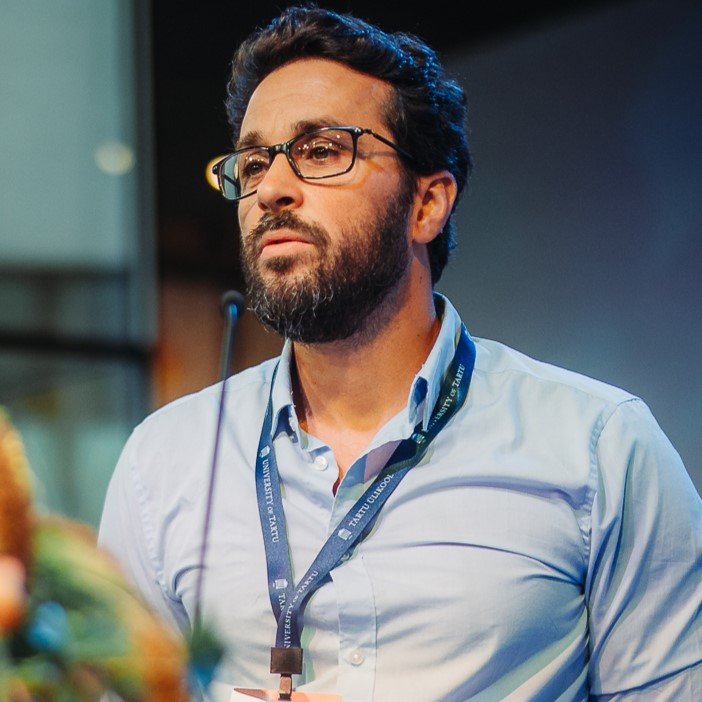
Andre Carlo Colonese
Is an environmental and biomolecular archaeologist and the Principal Investigator of EarlyFoods at the Institute of Environmental Science and Technology (ICTA) and in the Department of Prehistory of the Universitat Autònoma de Barcelona (UAB). His research involves archaeozoology, light stable isotope and organic residue analyses. He is also the PI of TRADITION (ERC-CoG) where his team is investigating the Marine Historical Ecology of the Atlantic Forest of Brazil.
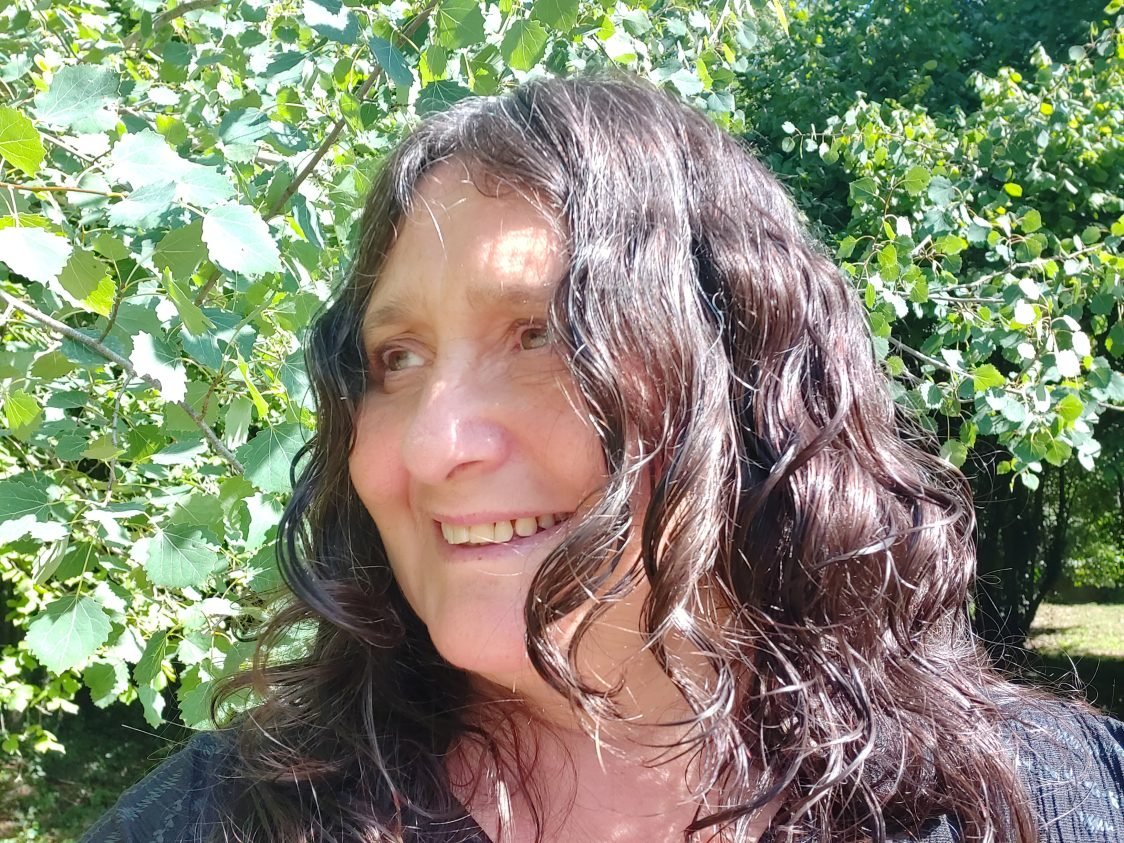
Maria Saña Seguí
Is a lecturer and researcher in the Department of Prehistory at UAB. Maria’s research focuses on the study of the origins of the Neolithic and the domestication of animals, working in Southeast Asia, Europe and Africa. She directs the Zooarchaeology Faunal Lab at UAB and with Andre Colonese she is leading ChemArch in UAB.
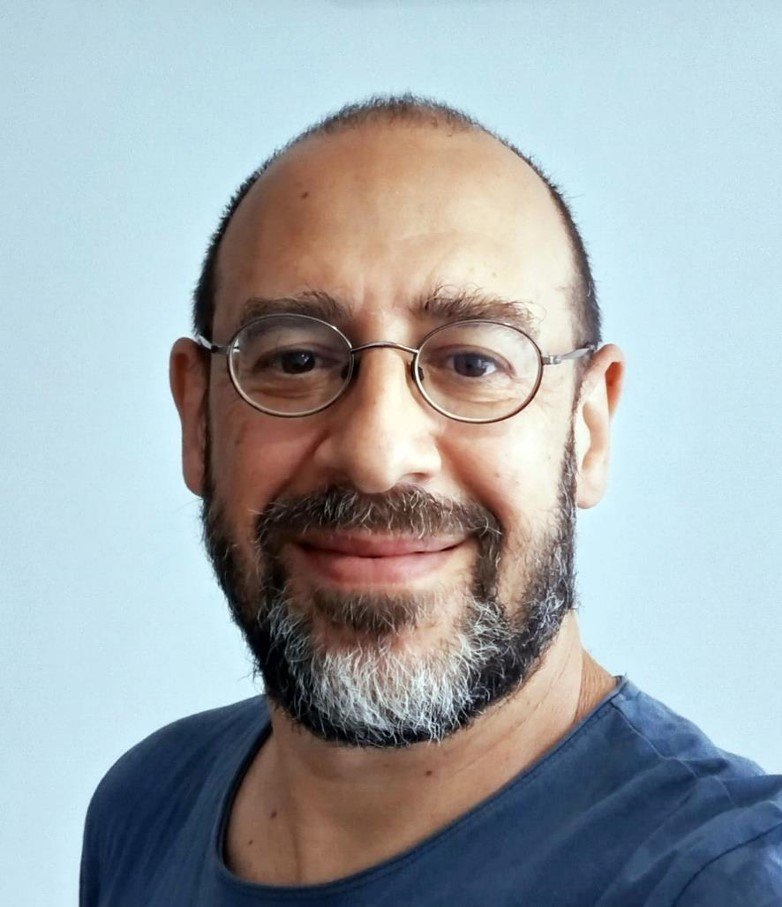
Umberto Lombardo
Umberto is a physical geographer who studies the events and processes that shaped the Amazonian landscape during the Holocene. His interests include neotectonics, fluvial geomorphology, paleosols, pre-Columbian agriculture, plant domestication, settlement patterns and the region’s earliest hunter-gatherer occupations. He is leading DEMODRIVER (ERC-COG), where his team is investigating the early human presence, landscape modifications and environmental change of Llanos de Moxos – Bolivian Amazon
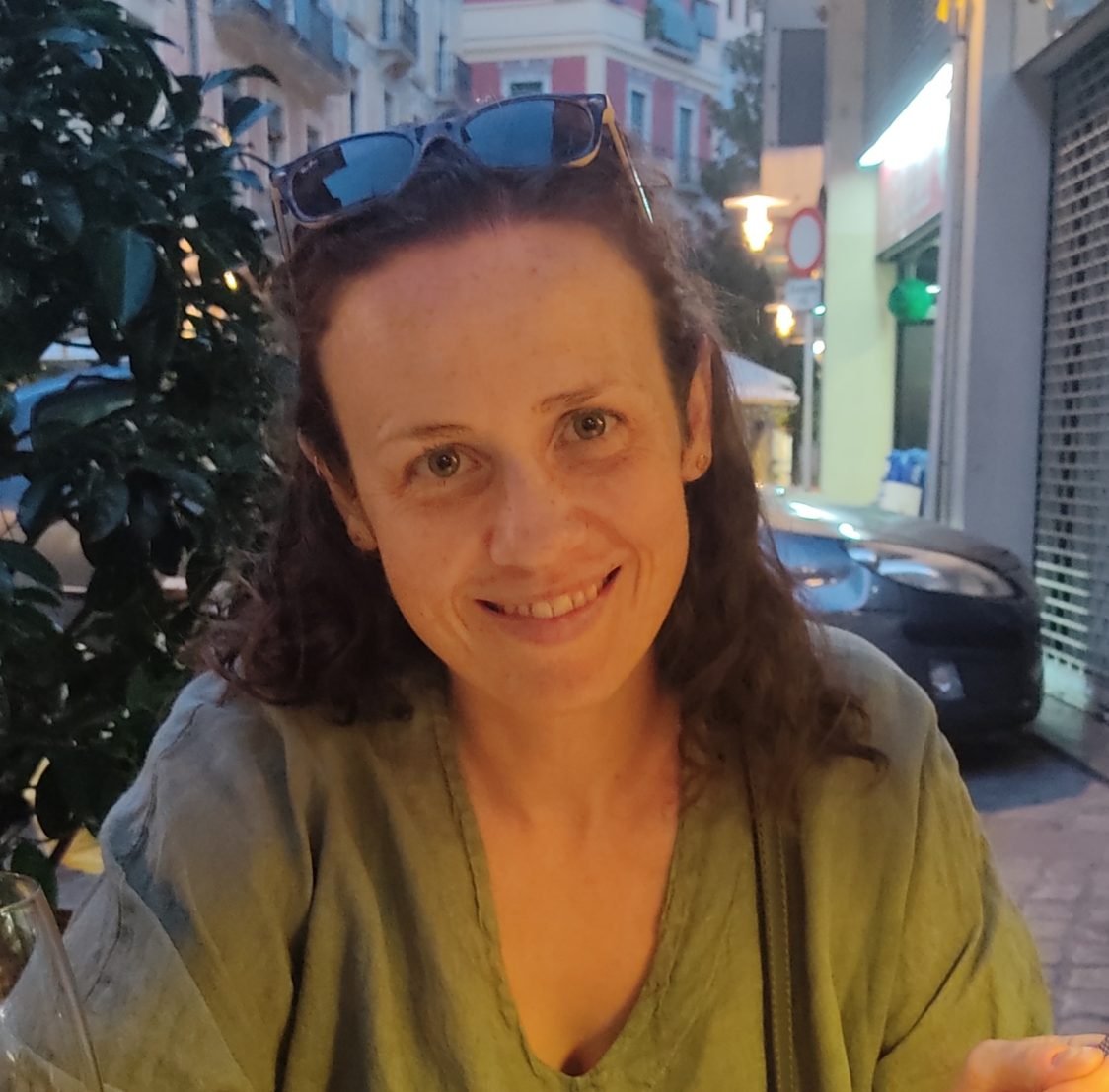
Krista McGrath
Is the Senior Research Technician in palaeoproteomics of TRADITION and EarlyFoods, in the Department of Prehistory and ICTA. Her role in TRADITION primarily includes Zooarchaeology by Mass Spectrometry (ZooMS) of faunal remains and artefacts (fish and mammal bone), and shotgun proteomics of ceramic residues and dental calculus for dietary reconstruction.
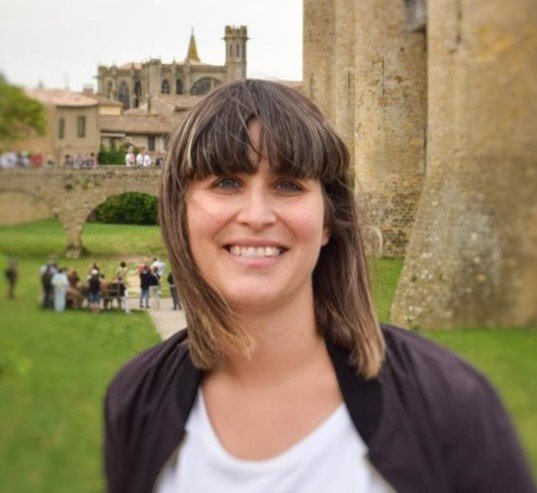
Nuria Moraleda
She is an environmental lab technician at ICTA-UAB and currently a PhD student at ICTA-UAB researching on the impact on organic pollutants on the Mediterranean Sea fish, a case of chronic contamination, and on Peruvian Amazon soils, a case of diffuse pollution due to oil extraction. She uses gas chromatography to identifying the origin and fate of organic pollutants and climate changes in remote environments.
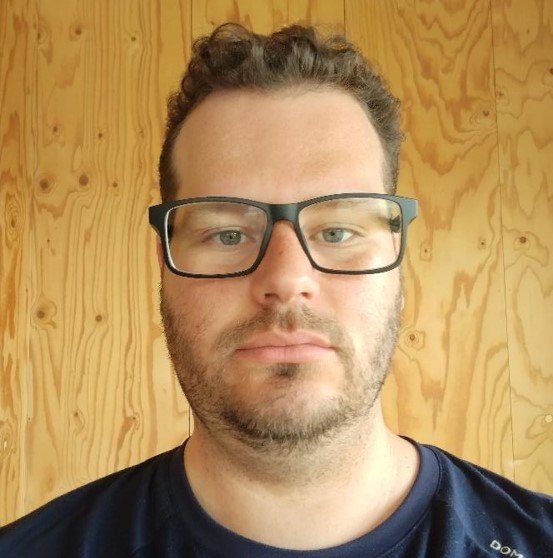
Thiago Fossile
Is a Predoctoral Research Fellow of TRADITION at ICTA. In TRADITION Thiago is analysing archaeological faunal remains using a range of techniques (stable isotopes, bone taphonomy, metrics, palaeoproteomics) to investigate links between fishing, climate change, technology and historical events on aquatic resources from pre-Columbian to historical times.

Leopoldo Gerhardinger
Is a Postdoctoral Research Fellow of TRADITION in the Department of Prehistory and ICTA. In TRTADITION, he is undertaking participatory research on small-scale fisheries and ocean governance aimed at linking historical records in support of modern policy-making in Brazil.
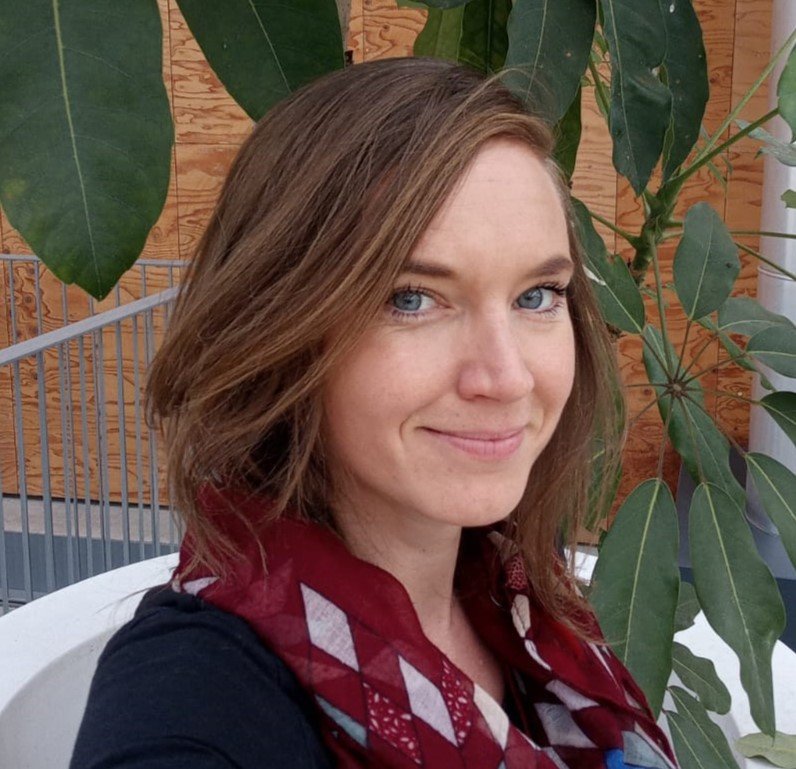
Kate Dudgeon
Kate is an environmental archaeologist specialising in phytolith analysis. She is a Postdoctoral Researcher in the DEMODRIVERS project at ICTA-UAB, where she is currently building a new reference collection of plant material from the Llanos de Moxos, Bolivia. She is also optimising phytolith extraction and slide mounting techniques for the digital scanning of archaeological phytolith samples.
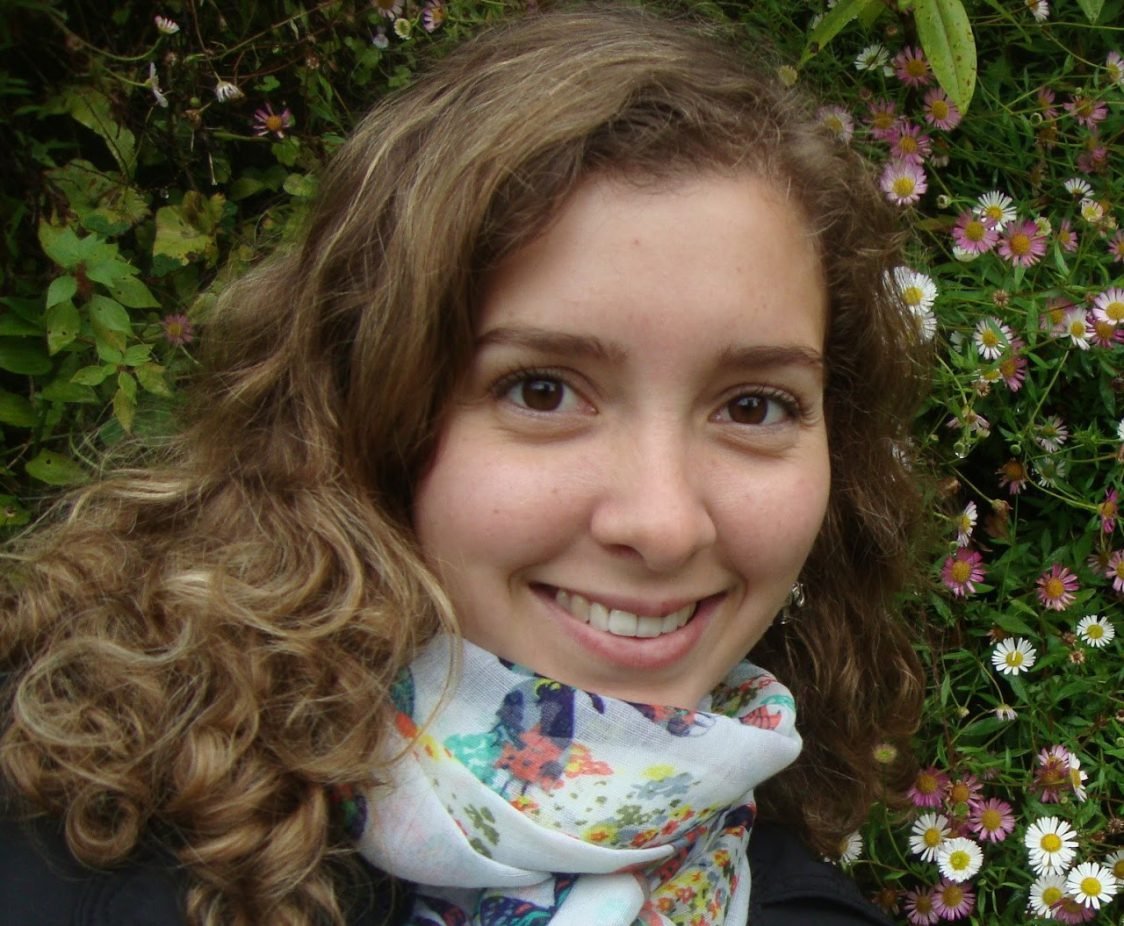
Dannieli Firme Herbst
Is a Postdoctoral Research Fellow of TRADITION in the Department of Prehistory and ICTA. In TRADITION, Dannieli is looking at historical documents to reconstruct the socio-ecological systems of small-scale fisheries in Brazil, covering colonial and contemporary dynamics. Her work will also seek to integrate other lines of historical evidence to understand how historical factors influence current management practices.

Alice di Muro
She is a biomolecular archaeologist who focuses on environmental sustainability, interested in the application of biomolecular techniques aimed to explore past and current anthropogenic impacts on the environment. She is a PhD candidate in ChemArch, where she is investigating the degree marine resources contributed to food security and livelihood in colonial populations in south-eastern Brazil.
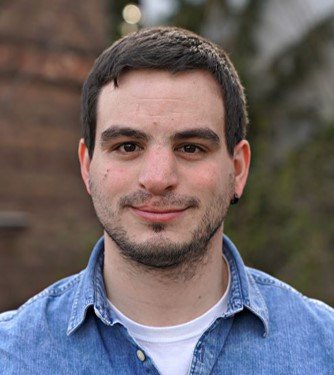
Asier Escárzaga Garcia
He is an Marie Skłodowska-Curie Actions (MSCA) fellow (Nearcoast) with a focus on prehistoric coastal adaptation, particularly in subsistence strategies. In the Nearcoast project, he employs shell stable isotopes to investigate how Neanderthal populations across Eurasia adapted to coastal environments and the significance of marine resources in their diets.
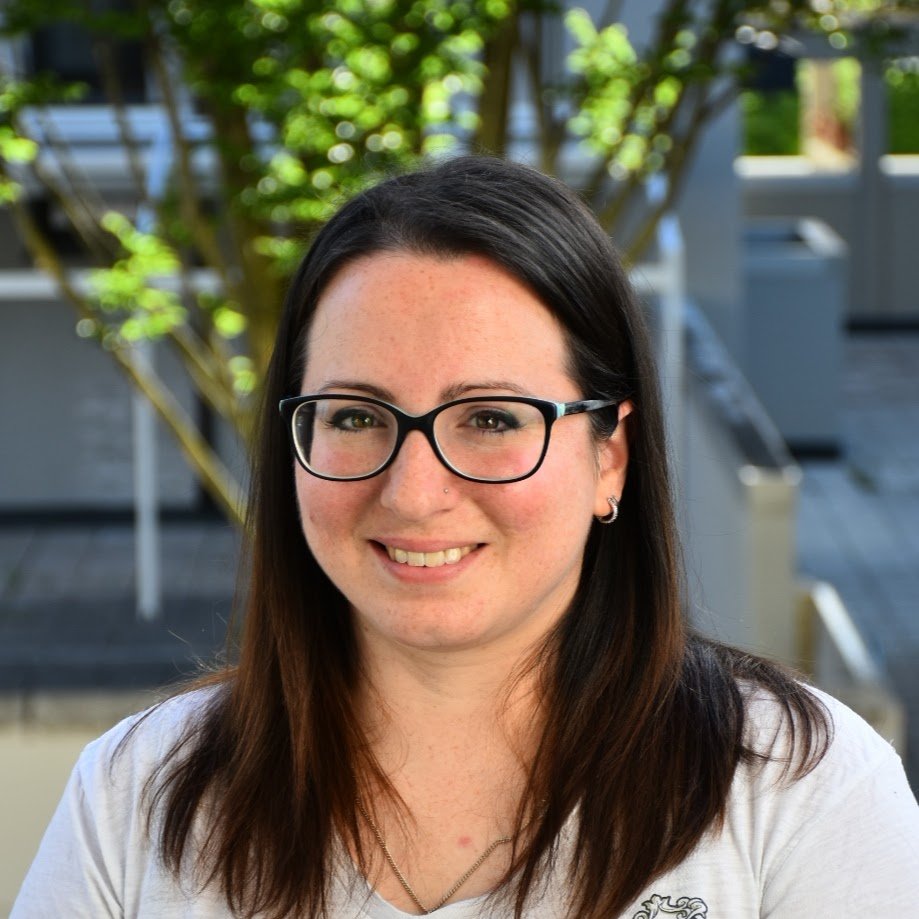
Margherita Cantelli
She is a biomolecular archaeologist specializing in Neolithic archaeology, with a keen interest in applying biomolecular techniques to unveil food processing systems and trace the evolution of cuisine in ancient times. Currently pursuing a Ph.D. in ChemArch, she is delving into the investigation of the origin and function of cooking stones in Neolithic Europe
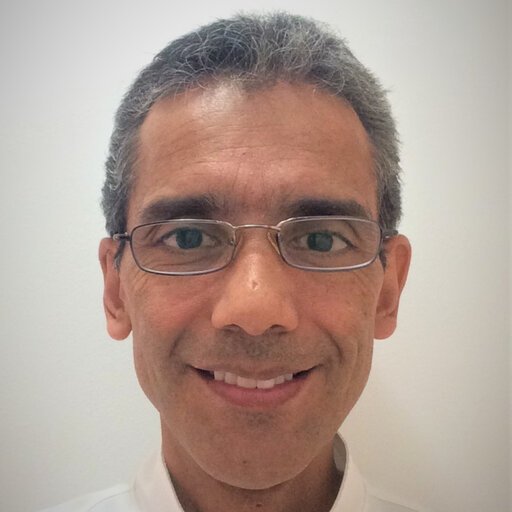
Luis Pezo Lanfranco
He is a Marie Skłodowska-Curie Actions (MSCA) fellow (Pachamama), specializing in bioarchaeology and possessing skills in biomolecular archaeology. His research has primarily focused on the analysis of diet, lifestyle, and biological adaptations of ancient populations, as well as investigations into violence in both prehistoric and historic contexts. In the Pachamama project, he utilizes stable isotopes and palaeoproteomics to address the diet and mobility patterns of the Andean populations residing in the early urban centers of the North-Central coast of the Central Andes in Peru
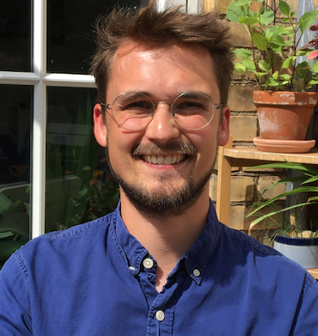
Jakob Hansen
He is a Ph.D. student in ChemArch, employing palaeoproteomic methods like Zooarchaeology by Mass Spectrometry (ZooMS) to discern the species involved in the production of bone artifacts and ecofacts in Early Neolithic Europe. His doctoral research aims to provide deeper insights into the strategies of raw material selection for bone tool manufacturing and unravel the behavioral mechanisms underlying these strategies.
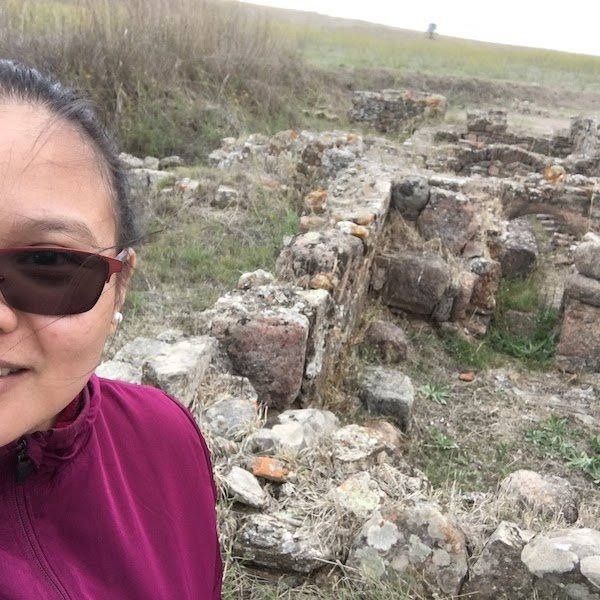
Jonica Doliente
She is a biomolecular archaeologist with expertise in organic residue analysis of ceramic artifacts, particularly focused on addressing the limited occurrence of cereals in archaeological ceramic containers. Currently pursuing a Ph.D. in ChemArch, she is dedicated to investigating the presence of plant biomarkers in Neolithic European ceramic vessels.

Eva Ruano Garcia
She is a PhD student in the Department of Prehistory, undertaking a research project that centers on long-term dietary changes in wild and domesticated pigs in the Iberian Peninsula. Eva is keenly interested in the evolution of livestock production, particularly in relation to the spread and development of farming in Southwest Europe.
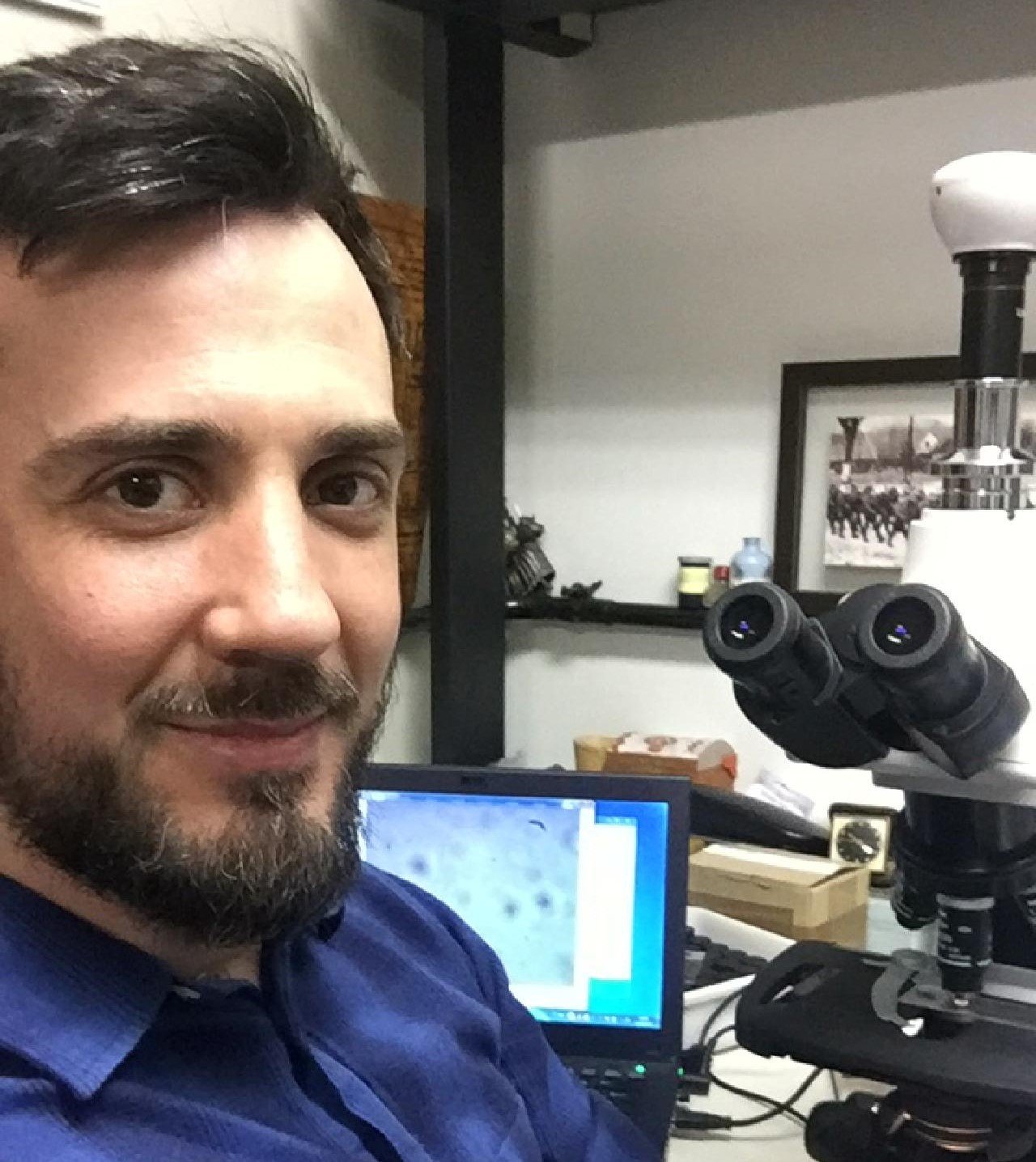
Lautaro Hilbert
He is an archaeobotanist and Postdoctoral Research Fellow of DEMODRIVERS at the ICTA-UAB. He has ample experience with microbotanical remains from the Amazon, primarily focusing on phytolith analysis of shell mounds and Loma sites from the Bolivian Llano de Mojos region.
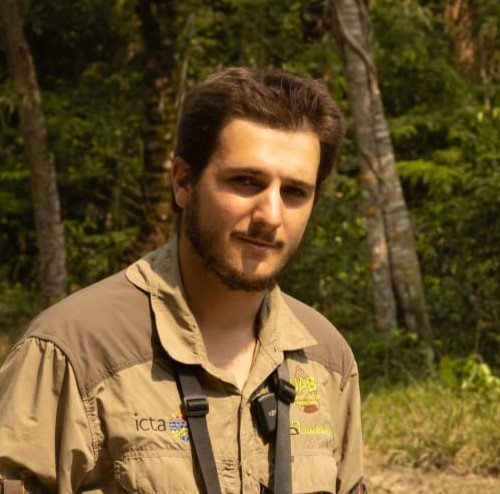
Albert Gaitan Roca
He is an archaeologist specializing in Geographic Information Systems (GIS) and Remote Sensing, currently pursuing a PhD in Dremodriver at ICTA and the Department of Prehistory. His primary research revolves around the spatial analysis of Forest Islands in Bolivia, with a focus on various levels of morphological and landscape study. His research is enhancing our understanding of the relationship between ancient human activities and the formation of landscape features in the Amazon.
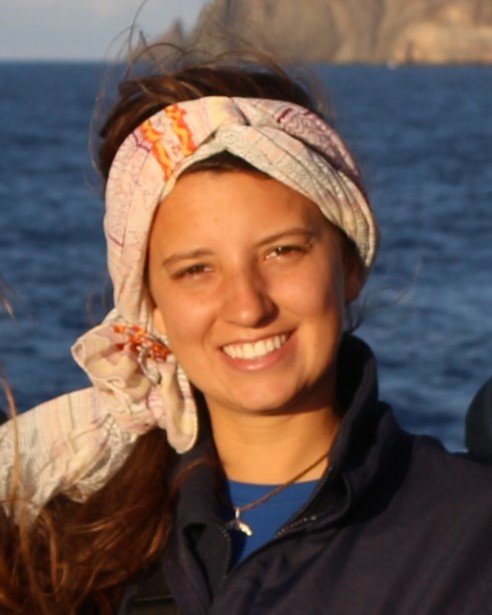
Thais Peixoto Macedo
She is a marine biologist and currently a PhD student at the ICTA-UAB “Maria de Maetzu” unit of excellence. She has been involved in long-term monitoring research programs of marine systems with a focus on population dynamics and climate change impacts. She is investigating changes in small-scale fisheries on Maio Island, Cape Verde, from a historical perspective. She is also evaluating the effectiveness of Maio’s marine protected areas and to provide management recommendations based on the prediction of future social-ecological scenarios.
Examples of project partners
